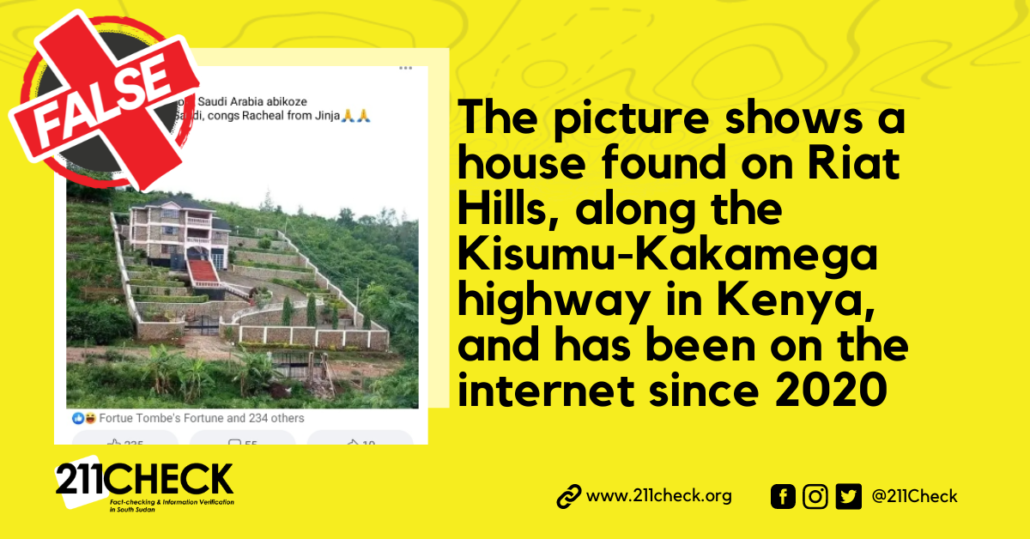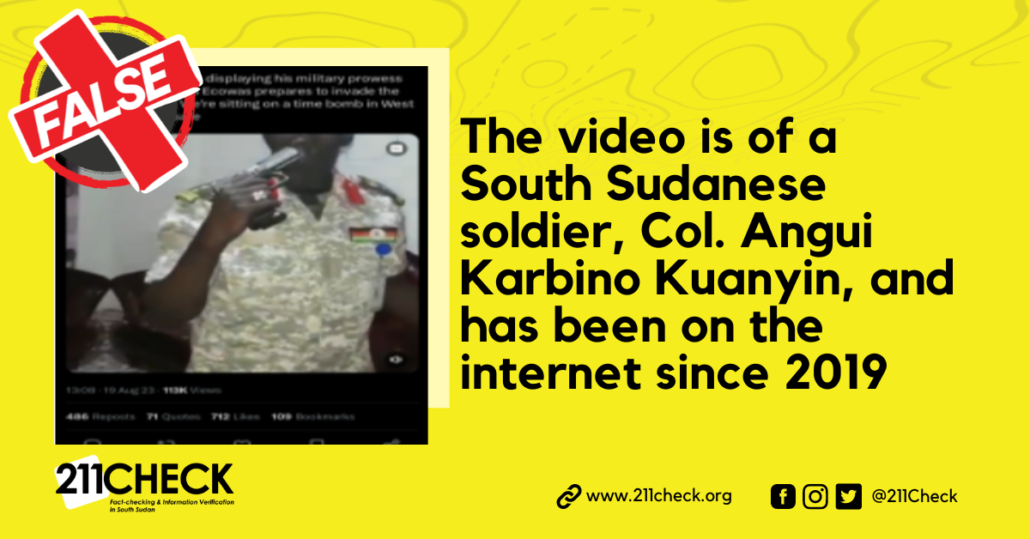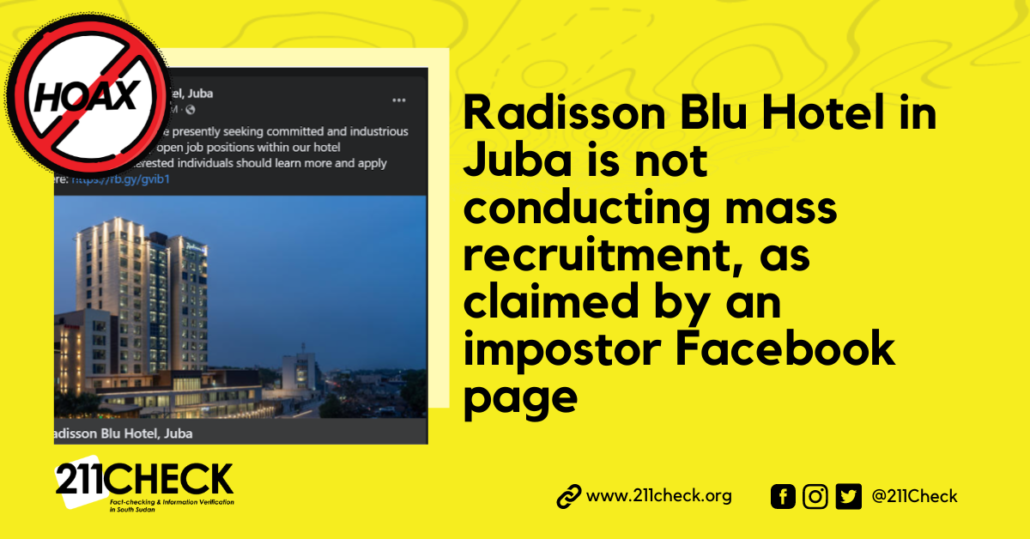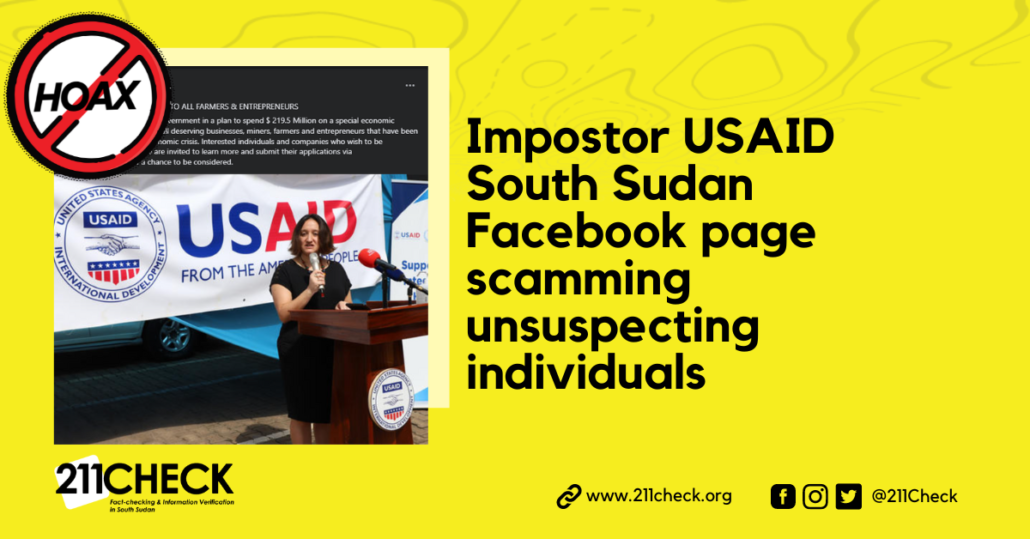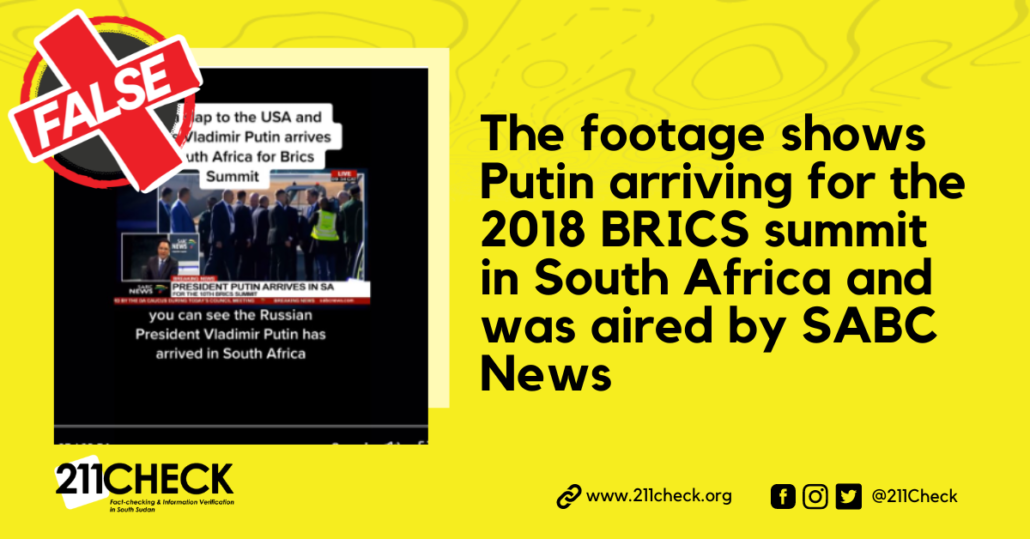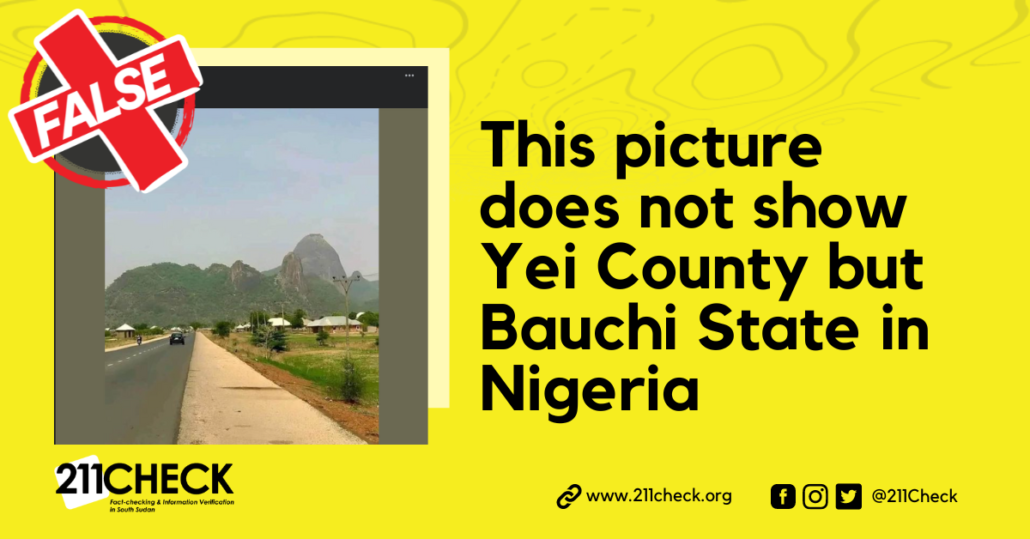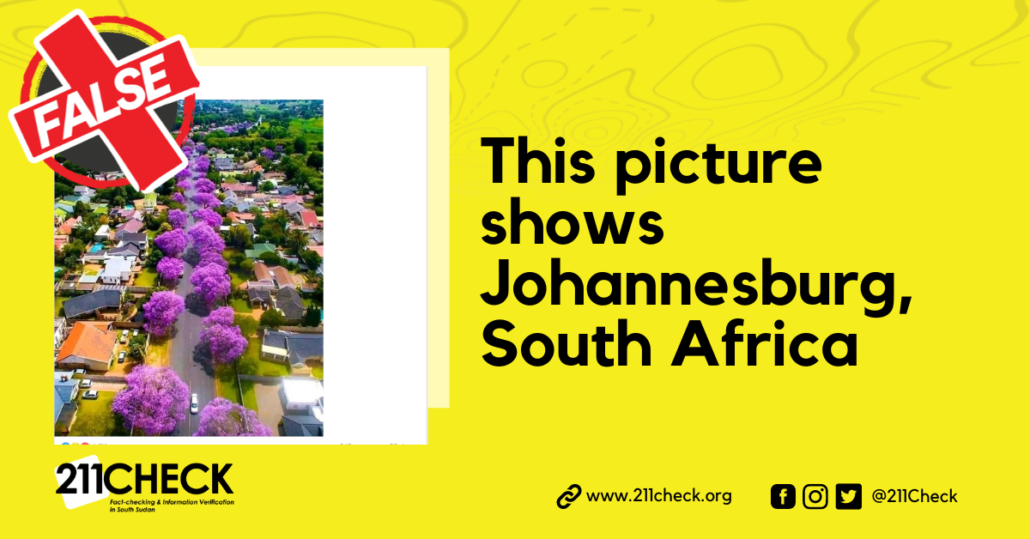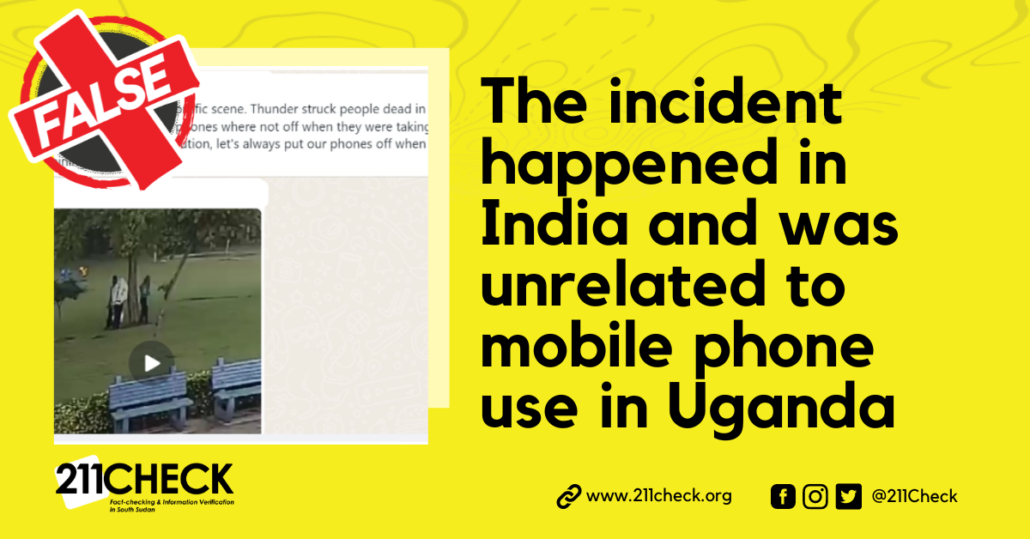Fact-check: This picture is not of a house found in Jinja, Eastern Uganda
The picture shows a house found on Riat Hills, along the Kisumu-Kakamega highway in Kenya, and has been on the internet since 2020.
Writer: Jibi Moses
A picture making rounds on the internet, claiming to be found in Jinja and built by a Kadama, is false. The picture, which was posted by Klia Media.ug on September 7, 2023, claims to show a building purportedly built by a Kadama who works in Saudi Arabia and that she built it in Jinja, Eastern Uganda.
“Another KADAMA from Saudi Arabia, abikoze. 3 year contract in Saudi, congs Racheal from Jinja,” The post reads in part. Kadama is a slang term commonly used in Uganda, referring to someone who works in the Middle East—mainly the causal labourers and housekeepers.
Therefore, the translated post loosely means, “Another causal worker from Saudi Arabia has done it—a 3-year contract in Saudi Arabia. Congratulations, Racheal, from Jinja.”
We also see that the same page recently posted a picture of a house and attributed it to Aisha, who he says works in Saudi Arabia as a kadama.
The post attracted 208 reactions, 51 comments, and nine shares in 24 hours. However, some comments were critical of the poster and raised suspicion, prompting 211 Check to investigate.
A screenshot of the post by Klia Media.ug.
Investigation:
A Google Reverse Image Search confirms some of the facts in the comments, as the results come with the headline, Kisumu Highway House. Bing also has the same picture, explaining its location on Kisumu Highway.
On July 30, 2020, Afande Rafiki posted this picture on his Facebook profile, followed by a caption explaining the building on Riat Hills.
The haunted home at Riat Hills, along the Kisumu-Kiboswa-Kakamega road It belongs to a single lady. The home, abandoned since 2014 due to incessant robbery attacks, sits in an area literally known as “The Gangster Paradise”. partially read his caption.
A screenshot of the post on Afande Rafiki
Willie Oeba, on June 11, 2021, on his X (formerly Twitter) handle, tweeted this picture with a caption in the form of a question, “Where in Kenya is this house?”
On February 19, 2022, Malley tweeted this picture on X (formerly Twitter) with the caption, “This must be the most talked about house in Kenya.” His tweet attracted 905 reposts, 109 quotes, 9010 likes, and 104 bookmarks.
A Google Word Search for the words “a haunted house along Kisumu-Kakamega highway” brought multiple results of the same picture of the house and different but related headlines, all explaining it is in Kenya, in Riat Hills, along Kisumu-Kakamega highway.
Many sites have reported on this house in the picture since 2020; some of them are here, here, here, and here. As much as all the evidence shows that this house is in Kenya, there is no clear evidence to prove its owner.
Conclusion:
211 Check has found the claim that the picture of a house circulating on social media is found in Jinja and was built by a Kadama to be false. This image shows a house found on Riat Hills along the Kisumu-Kakamega highway in Kenya and has been on the internet since 2020.
To ensure accuracy and transparency, we at 211 Check welcome corrections from our readers. If you spot an error in this article, please request a correction using this form. Our team will review your request and make the necessary corrections immediately, if any.
It’s vital to fight misinformation and disinformation in the media by avoiding fake news. Don’t share content you’re uncertain about. False information can harm and mislead people, risking their lives—Fact-check before sharing. For more details, visit https://211check.org/ or message us on WhatsApp at +211 917 298 255. #FactsMatter

